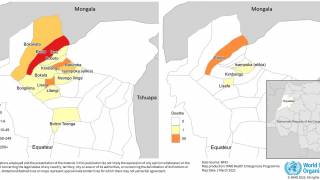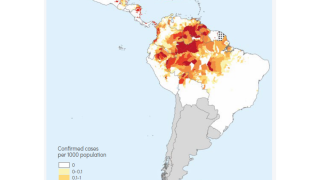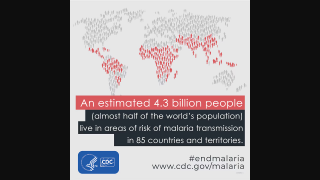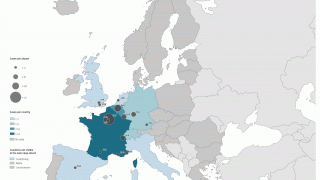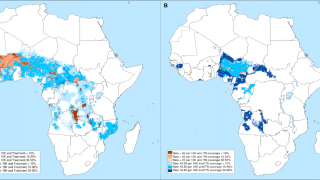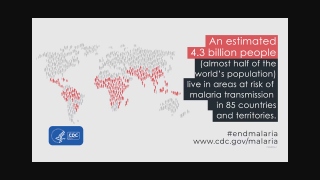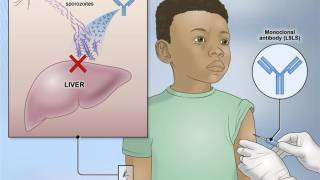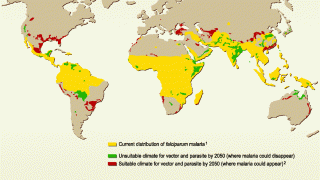Malaria Outbreak in Venezuela Spreading North Into the Americas
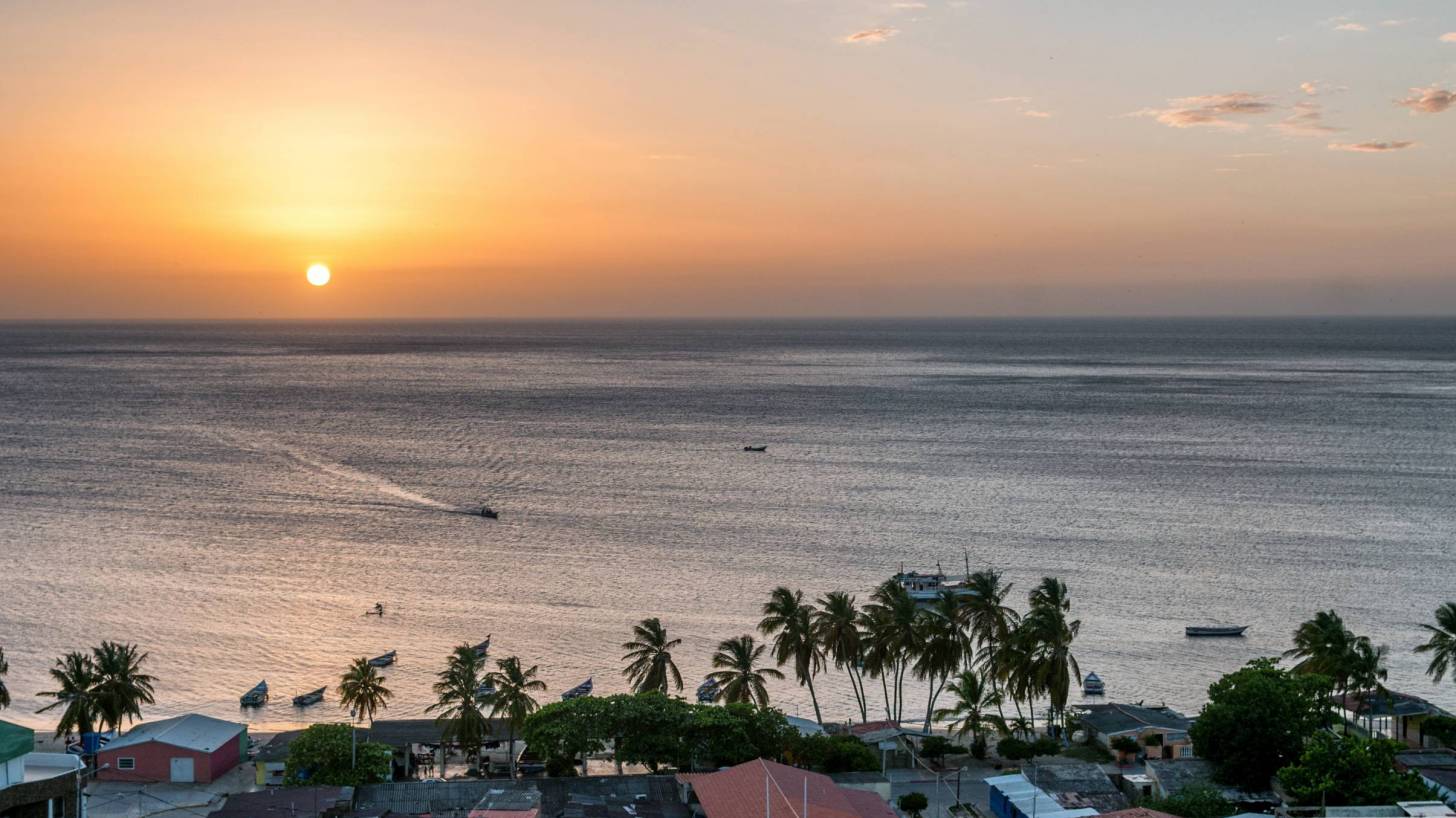
For many years, reducing malaria outbreaks was considered one of the world’s great public health achievements.
The World Health Organization (WHO) often reported impressive reductions in malaria cases and deaths.
Malaria is a serious and sometimes fatal disease caused by a parasite that commonly infects a certain type of mosquito, which feeds on humans.
Malaria’s incidence rate is estimated to have decreased by 18% globally between 2010 and 2016.
However, during 2017, the WHO noted a reversal in the positive trajectory of this disease.
The WHO’s 2017 annual malaria report showed that less than 50 percent of countries would reach the 2030 reduction targets.
Additionally, this shows some countries are beginning to see unfortunate reversals in the gains achieved over the past years.
In 2017, five countries reported an increase in malaria cases: Brazil, Ecuador, Mexico, Nicaragua, and Venezuela.
Venezuela is currently the leader in the Americas with 406,000 cases reported in 2017, which is the largest increase worldwide said the WHO.
This data represents a 69 percent increase from 240,000 cases in 2016.
"In the 1960s, when the WHO launched its first campaigns, Venezuela was the first country to have entire regions declared free of the (malaria) disease," Pedro L. Alonso, MD, Ph.D. said.
"Today, however, it has the largest increase in the world," he said.
“In the Americas, we are actually reporting increases in a number of other countries,” Dr. Alonso said. “Ineffective anti-malaria campaigns were to blame.”
Both the WHO and the Pan-American Health Organization are working with Venezuelan authorities to address the situation, he added.
Additionally, the WHO reports Venezuelan migrants are carrying the mosquito-borne disease into Brazil and other parts of Latin America.
Separately, one pharmaceutical company is making a very large investment in developing new medicines to treat malaria.
Novartis announced during late April 2018 a five-year commitment to the fight against malaria in conjunction with the 7th Multilateral Initiative on Malaria Conference and the Malaria Summit of the Commonwealth Heads of Government meeting.
Over the next five years, Novartis will invest more than USD 100 million to advance research and development of next-generation treatments to combat emerging resistance to artemisinin and other currently used antimalarials.
Novartis’s R&D investment is meant to complete a comprehensive global clinical trial program for antimalarial drug candidates KAF156 and KAE609 (currently in Phase IIb and Phase IIa respectively). Both are from new classes of medicines that were selected for their ability to treat malaria in different ways from current therapies.
The WHO and other health agencies are pursuing research on malaria vaccines that could serve a critical role in preventing future outbreaks.
The malaria parasite is a complex organism with the ability to evade your immune system by constantly changing its surface, so developing a vaccine against these varying surfaces is very difficult. In addition, scientists do not yet totally understand the complex immune responses that protect humans against malaria.
But, there are 7 malaria vaccine candidates in various stages of clinical testing.
As an example, in one early-stage clinical trial, an experimental malaria vaccine candidate called PfSPZ elicited high levels of protection in malaria-naïve adults in the U.S. and Europe and moderate levels of protection persisted up to one year after immunization.
Our Trust Standards: Medical Advisory Committee
- Malaria
- 2016 closed with the highest malaria figures in 45 years, denounces Salud Miranda
- Venezuela
- Novartis renews commitment to malaria elimination, investing USD 100 million to research and develop next-generation antimalaria
- Malaria in Venezuela requires response
- World Malaria Day 2018 Focus On Research



